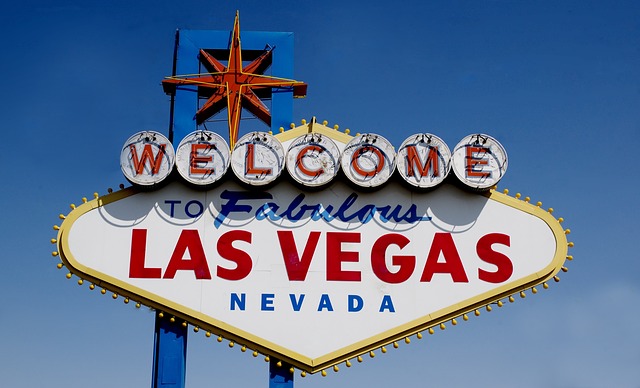
Advertisement
The city of Las Vegas, NV is planning on rolling out an ordinance that would allow inspectors to use a device to sniff out foul smells and fine property owners who fail to comply with the odor removal. The statute received approval on Wednesday and lays out standards for odor offenses in the city while giving code enforcement officers the ability to restrict stenches that surpass a certain level.
The city plans on equipping code inspectors with a $2,000 device called the “Nasal Ranger” that works like a breathalyzer for the nose. The inspector would breathe in the air from the area receiving the complaint, and the device would give them a reading. If the Nasal Ranger measures air crossing a threshold of seven parts oxygen to one part odorous air, it would be a violation of the proposed ordinance. According to The Las Vegas Review, if bad smells are detected property owners have the choice of clearing the air or paying a penalty fee. Failure to comply would result in a fine of up to $1,000. (RELATED: Get more news like this at Censored.news)
Las Vegas City officials claim that the new ordinance won’t affect restaurants or rural residences that include animals or agriculture operations like farms. It also won’t include smoke from fire pits, barbecues, or marijuana and cigarette smoke inside a residence or a private yard. The move is allegedly in response to the home of a cat hoarder that became so pungent the walls had to be ripped out to get rid of the stench. The smell traveled throughout the neighborhood, offending the olfactory system of residents in the area. City officials claimed they felt powerless to do anything about the smell of the house because no ordinances were in place to stop it before the smell got out of hand. Some residents, however, feel this measure was put in place to also keep an eye on recreational marijuana growers. In 2016 Nevada joined Colorado, Oregon, Washington and Alaska in legalizing recreational marijuana use for adults.

This new mandate follows an alarming national trend of the use of code enforcement to control property owners. Last June, Chicago Mayor Rahm Emanuel signed a city ordinance restricting home-sharing by homeowners in the city. The move was done in response to the rise in popularity of Air BNB, and put special taxes on home-sharers, threatening to financially punish them if their guests make noise exceeding the “average conversational level.”
Of course, the imposition of these fine related ordinances across the country does not come without controversy. In 2015, the Institute for Justice filed a class action challenging Pagedale, Missouri’s abuse of municipal fines to generate revenue for the city. Last month, IJ filed a challenge to Charlestown, Indiana’s use of code enforcement to oust residents in the Pleasant Ridge neighborhood from their homes to replace them with more upscale houses. And, in response to the new home-sharing restrictions in Chicago, the Liberty Justice Center and the Goldwater Institute have joined forces to challenge the constitutionality of the city ordinance.
Sources:
Submit a correction >>
This article may contain statements that reflect the opinion of the author
Advertisement
Advertisements















